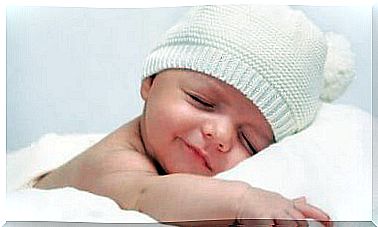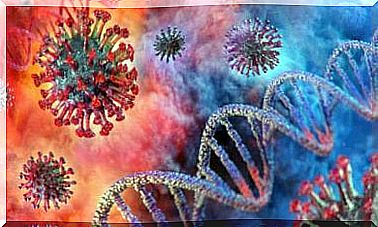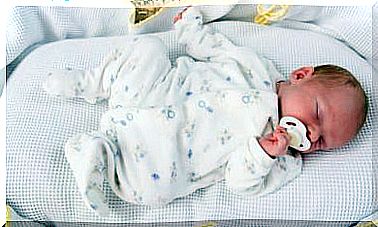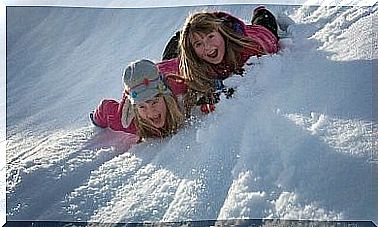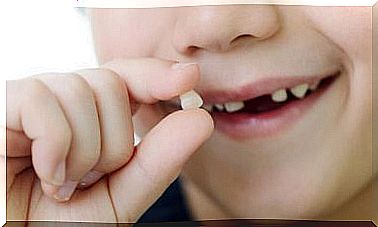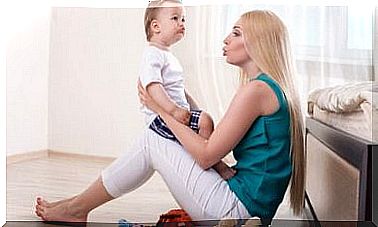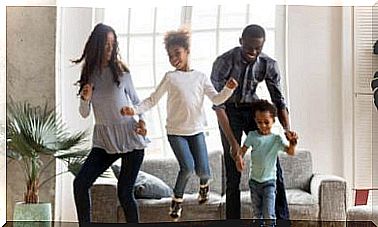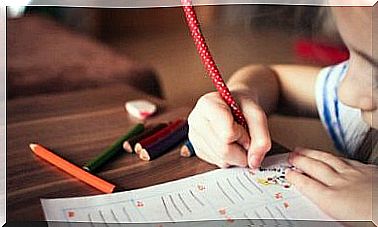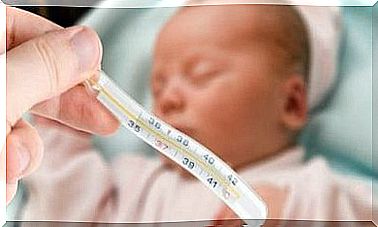Do Babies Dream?
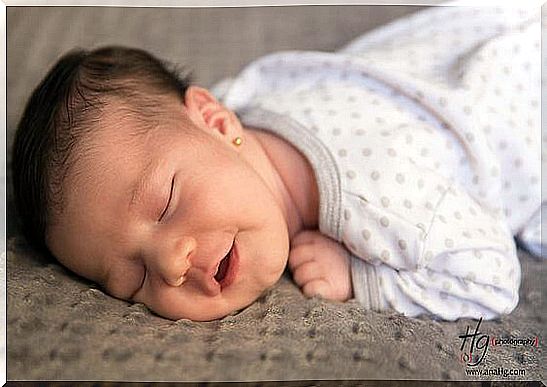
Does your child move their eyes and even frown while they sleep? Or does it sometimes laugh without waking up? Then you are probably wondering whether babies are dreaming.
Yes, babies have dreams too. A study in which electroencephalograph (EEG) examinations were carried out revealed part of the fascinating dream world of babies.
Although it was stated that infants dream, nothing has been researched about the content of these dreams, which would of course be particularly interesting. Do you dream of your daily experiences?
Babies dream too … but why?
Dreams are mental images, sounds, thoughts and sensations that we experience while sleeping and that are often related to reality. Many adults forget about their dreams, even though most of them see dream images every night.
How is it with babies? What are you dreaming about
The infant does not switch off when it is asleep, i.e. it is not completely inactive when it is at rest. During sleep, the brain works to process information received during the day.
Just as adults dream of their personal experiences or wishes, babies also experience their own dream world. You can process and develop your emotional and sensitive experiences.
The newborn’s dreams
Various studies show that babies dream in the womb. Because they are influenced by sounds and lights from the outside world, but otherwise have little experience in the womb.
It was found that the little belly dwellers at the age of 7 months or even earlier in the REM phase (Rapid Eye Movement) experience dreams in which they process sensitive experiences.
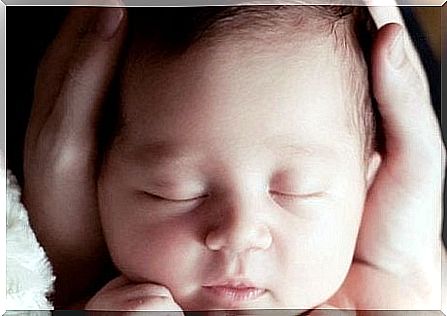
Charles Pollak, director of the medical center at Weill Cornell Hospital (New York) assumes that newborns experiment the REM phase and experience emotions in it.
In this state, in which the eyes move from left to right and also from bottom to top, most dreams take place. This can be seen while the baby is sleeping. Unfortunately, it is impossible to find out what the children are dreaming.
Sensations or experiences?
From the research, scientists deduce that the dreams of newborns consist mainly of sensations. This also includes textures, smells, the taste of breast milk, the warmth of the bath or the cold when changing clothes.
But these dreams, which look elementary and diffuse, become more and more detailed as the child ages. At around 18 months you can already learn more about the child’s dream world when they can already speak a few words.
However, we still lack more detailed information, because at this age children cannot yet precisely distinguish between dream and reality. For them it is another experience that they usually mix with everyday events.
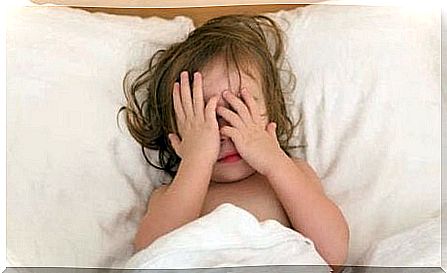
Over time, the child learns to differentiate reality from dreams and dream worlds with pictures and simple and short situations emerge. By the time the child is around three years old, they are already dreaming more complicated stories in which they recognize themselves.
Do babies have nightmares too?
No, newborns usually do not have anxiety dreams because they usually lead a comfortable life. Nightmares usually arise in connection with darkness, monsters, fear of loss and the fear of being abandoned or of getting lost.
These types of dreams often make children wake up at night. They are frightened and scared because they can remember exactly what they dreamed of.
From around the age of five, your child will become an observer of their dreams. It is no longer the main character. It experiments new feelings, emotions and language.
Dreams help you relax, learn, and give your imagination wings. Don’t worry if you see your baby’s rapid eye movement or if you watch them make a face. It’s probably having a pleasant dream right now.
